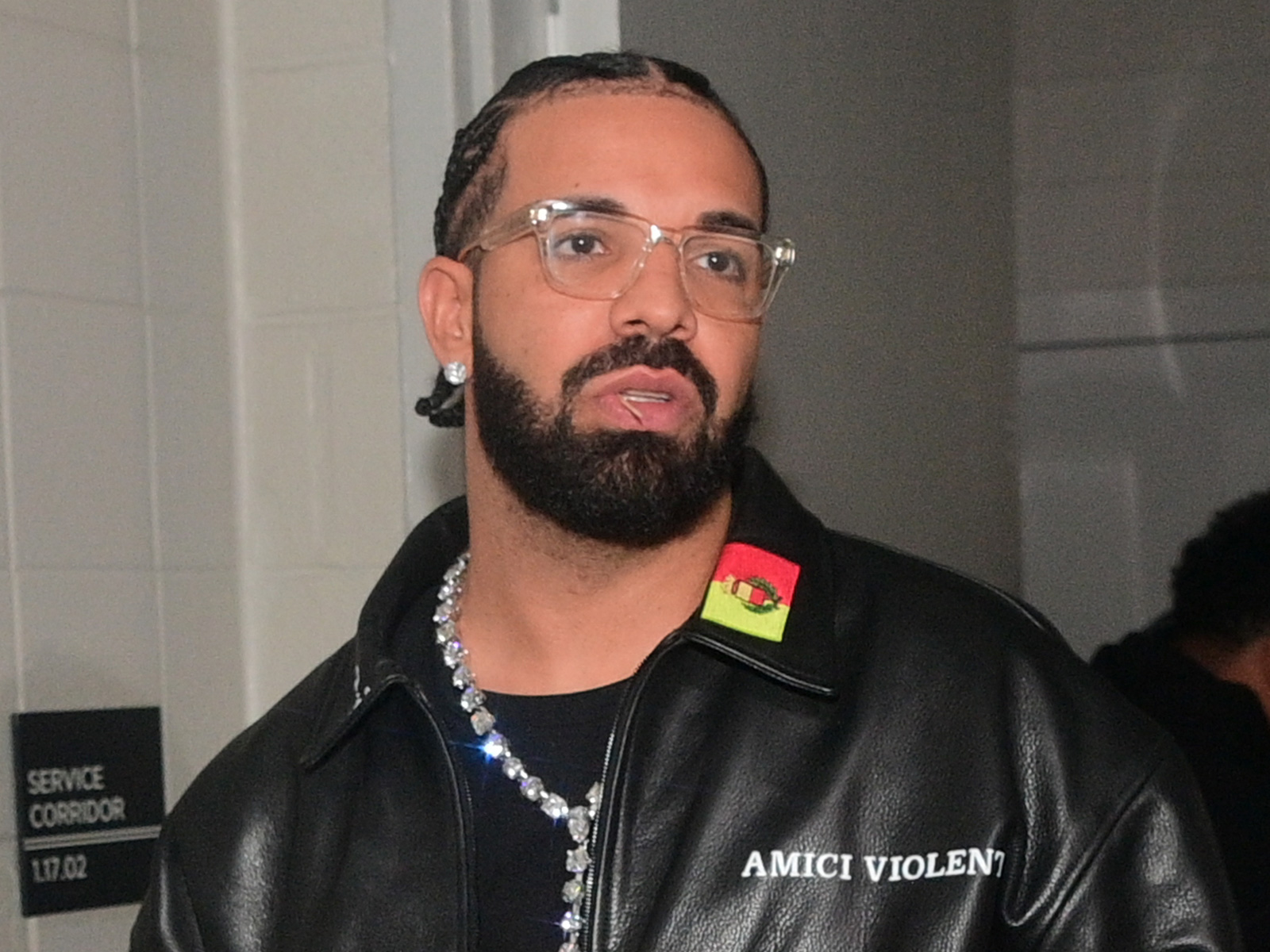Zucchero--a.k.a. Adelmo Fornaciari--may be Italian, but he is well on his way to becoming part of a rare musical breed: the European rock star. Though his biggest fan base remains at home, his gravelly blues style has won him a following around the region, especially in France and Germany. Now his latest album, "Zu & Co," is being released in six different editions--Italian, Spanish, French, Australian, Latin American and an "international" version--to capitalize on this popularity and turn him into a true global act. Each has been tweaked to appeal to a local audience; the French album, for instance, includes a duet with Gallic crooner Johnny Hallyday, while Australia's features Tina Arena.
Max Hole, senior vice president of marketing and A&R at Universal Music International, masterminded the effort, working with the label's Italian arm and Zucchero himself to create music with broad allure. That required less Italian rock and more romantic ballads. It also meant a snazzy debut: Zucchero launched the album at a well-publicized concert at London's Royal Albert Hall, where many of his duet partners--including Pavarotti, Eric Clapton and the Cranberries's Dolores O'Riordan--joined him on stage. The show was recorded for TV networks across Europe, giving him maximum exposure and allowing him to "short circuit the system," says Hole.
That system is badly in need of a jolt. Globally, record sales have been falling for the past four years, down 7.6 percent in 2003. A June report from Pricewaterhouse-Coopers predicted continued decline until 2006--in part due to illegal downloading. "The only chance to tackle this is to try to increase our audience by entering foreign markets," says Peter James, managing director of German Sounds, an organization set up last winter to promote German music abroad.
Over the past five years, music has become increasingly localized. In the world's biggest music markets--the United States, Japan, Britain and France--homegrown bands capture the lion's share of sales: 93 percent of music sold in the United States in 2002 was by local artists, as was 74 percent in Japan and more than half across Europe. Indeed, relatively few European artists manage to break into the charts outside their home country. Those that do are mostly Anglo-American: this year Norah Jones, the Fugees, Dido and George Michael topped the monthly list of European best sellers compiled by the International Federation of the Phonographic Industry, the industry trade group. "Although there's a European Community, people are not very curious about the culture coming from the different countries," says Christoph Muller, who is the producer for Gotan Project, a band that has steadily built up an audience across the Continent. In the United States, Billboard's 2003 year-end charts showed only two contemporary foreign acts--both British--in the top 100: Coldplay at 17, and Dido at 92.
Slowly, that's beginning to change. Enterprising governments are starting to back independent artists and small labels. In 1993, French musicians sold just 4 million albums abroad. By last year that number had jumped to nearly 40 million, championed by energetic French music-export offices in London, New York, Berlin, Tokyo, Barcelona and elsewhere. Sweden--which has one of the Continent's oldest music-export offices, coordinating the country's presence at international festivals and trade fairs--is now the world's third largest exporter of music. German Sounds hopes to identify up-and-coming domestic artists and showcase them at the industry's yearly trade show in Cannes. And the European Music Office, a lobby organization, is pushing for more EU integration--including a European export office in New York and a European Talent Exchange Program, which would give local festivals an opportunity to select artists from across the Continent.
But for now, foreign-language records remain a hard sell in any country. Zucchero is an exception, singing in English, Spanish and Italian. Sweden's success owes largely to catchy, English-speaking bands, from Abba to the Cardigans and the Hives. In fact, the most successful pan-European artists often don't rely on lyrics at all: witness the flourishing French electronica scene. Star DJ Dimitri of Paris is launching his new record "Cruising Attitude" in 14 European countries this summer.
Ultimately, though, the key to international success is simple: fans flock to quality music that stands out from the crowd, regardless of language. Hole cites the surprise success of Enya, whose ethereal Irish melodies are sung in Gaelic, and the explosive German metal band Rammstein. "A German rock group, singing in German, and selling well in the U.K. and U.S., is unheard of," he says. "[It's because] they're doing something really different. Local music needs to be unique to have a better chance of selling abroad." The barrier to international success might be high, but these dynamic stars are proving that diversity is key to creating a European musical union.
Uncommon Knowledge
Newsweek is committed to challenging conventional wisdom and finding connections in the search for common ground.
Newsweek is committed to challenging conventional wisdom and finding connections in the search for common ground.
About the writer
To read how Newsweek uses AI as a newsroom tool, Click here.






